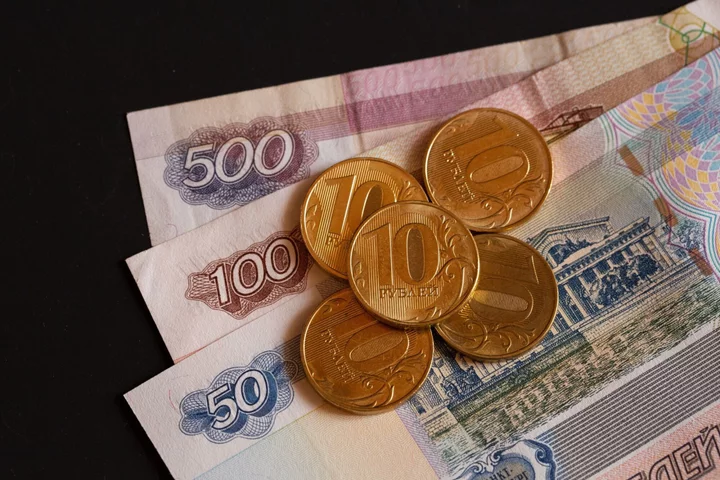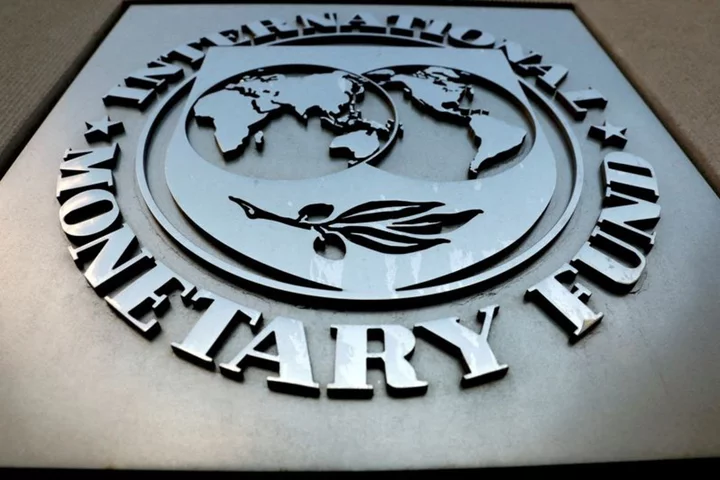Russia is pressing ahead with plans to introduce a digital ruble, joining a growing list of countries to experiment with the electronic currency as it’s wrestling with international isolation over its war in Ukraine.
Legislation to approve creation of the national digital currency was passed by the Federation Council, Russia’s upper house of parliament, on Wednesday. Once it’s signed into law by President Vladimir Putin, the Bank of Russia may begin tests of the digital ruble as soon as next month.
More than half of the world’s central banks are considering or developing digital currencies, according to the International Monetary Fund. At least 20 are working on pilot programs, including India, Japan and China, whose project reaches 260 million people and is being tested in areas including public transport and e-commerce, research published by the Atlantic Council showed.
While cryptocurrencies such as Bitcoin make use of decentralized payments systems that don’t depend on governments, digital currencies issued by central banks are issued and regulated by their respective states. Advocates say they make it easier to provide banking services to under-served social groups, increase efficiency of payments and lower transaction costs, while skeptics warn of privacy concerns and security risks from cyber attacks.
The Bank of Russia plans to run a pilot project with 15 of the country’s lenders. It will allow individuals and companies to open a digital wallet on the central bank’s platform that will be accessible through any Russian lender. Transactions with the digital ruble will be free for individuals, while companies will have to pay a 0.3% fee on transactions, according to guidance from the bank.
The central bank is proceeding with the project after sweeping sanctions imposed by the US and its allies cut off Russian banks from the global financial system in response to President Vladimir Putin’s February 2022 invasion of Ukraine. Foreign banks have also applied increasingly restrictive policies on payments from Russia, which is seeking to weaken the impact of sanctions by boosting trade in national currencies with states such as China and India that have been more neutral on the war.
Russia’s Rupee Trap Is Adding to $147 Billion Hoard Abroad
The ruble has declined more than 18% against the dollar so far this year, the worst performance among emerging market currencies behind only Turkey’s lira and the Argentine peso. Declining energy revenues and a recovery in imports are combining to slash Russia’s current-account surplus, while spending linked to the war is draining the budget.
Some lawmakers view the digital ruble as a potential way for Russia to ease cross-border payments.
“In the current environment, it is important to have independent payment instruments and financial information channels that can be used in our trade with foreign partners,” Nikolay Zhuravlev, deputy chairman of the Federation Council, said during a debate on the digital ruble at the Bank of Russia’s Financial Congress in St. Petersburg earlier this month.
Putin’s War Economy Is Awash With Bags of Cash Kept Out of Banks
Those hopes may be premature as the digital ruble would first have to be linked to other countries’ currency platforms for international transactions to occur and there’s no sign of that so far, according to Alexandra Prokopenko, a former adviser at the Russian central bank who’s now a non-resident scholar at the Berlin-based Carnegie Russia Eurasia Center.
“So far, the digital ruble resembles a points system in the loyalty program of the ‘Fortress Russia’ corporation,” potentially making transactions more convenient inside the country, Prokopenko said. “It also possibly will make transactions more transparent in the territories annexed from Ukraine as now everything is done through cash.”
(Updates with Federation Council decision in second paragraph)









